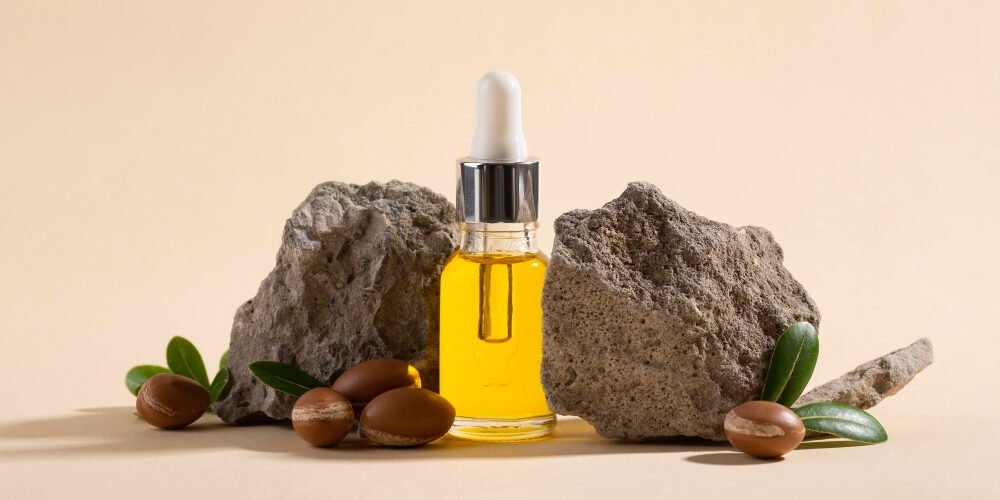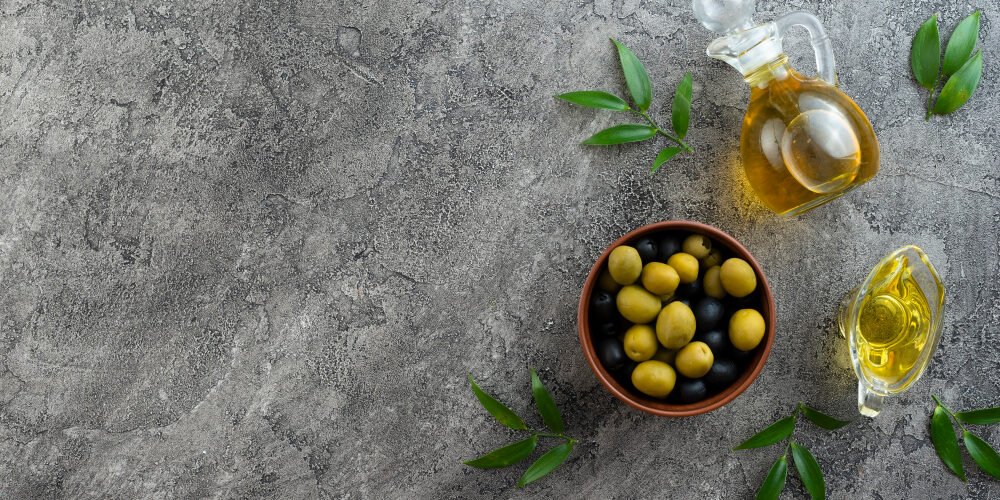The International Day of Argania is an annual event held on May 10th to celebrate the Argan tree and raise awareness of its importance to the Moroccan culture and economy. This day provides an opportunity to learn about the Argan tree’s unique characteristics, traditional extraction methods, health benefits, and sustainability efforts.
The Argan Tree and its Significance
The Argan tree (Argania spinosa) is a native species of Morocco and is one of the rarest trees in the world. It can grow up to 10 meters tall and can live for up to 200 years. The tree’s roots can extend up to 30 meters, making it well adapted to the arid and semi-arid conditions of southwestern Morocco.
The Argan tree is considered a “tree of life” in Moroccan culture due to its numerous uses. It provides food, shelter, fuel, and medicine to the local population. The tree’s nuts are used to produce Argan oil, which has become a popular ingredient in cosmetics and a sought-after gourmet product.
Traditional Extraction and Production Methods
For centuries, the traditional extraction of Argan oil has been a community effort that involves women. The process involves cracking the nuts to extract the kernels, which are then roasted and ground into a paste. The paste is mixed with water to form a dough, which is then hand-pressed to extract the oil.
Despite the labor-intensive process, traditional extraction methods have been preferred for their superior quality and taste. However, the methods are facing challenges due to the increasing demand for Argan oil and the limited availability of the nuts. Modern extraction methods, such as using machines, have been introduced to increase productivity and reduce labor costs.
The Health Benefits of Argan Oil
Argan oil has been found to have numerous health benefits due to its nutritional and medicinal properties. The oil is rich in vitamin E, antioxidants, and essential fatty acids, making it a great addition to a healthy diet. It can help lower cholesterol levels, reduce inflammation, and improve skin and hair health.
The medicinal properties of Argan oil are also well-documented. It has been used to treat skin disorders, arthritis, and digestive issues. In cosmetics, Argan oil is a popular ingredient in moisturizers, hair products, and anti-aging creams.
Sustainability and Conservation Efforts
Despite the Argan tree’s significance, it is facing threats such as deforestation, overgrazing, and climate change. These threats have led to a decline in the tree’s population, putting its future at risk.
To counter these threats, various initiatives have been put in place to protect and conserve the Argan tree. These include reforestation programs, sustainable harvesting practices, and the establishment of cooperatives to empower local communities. The Moroccan government has also implemented policies to regulate the production and sale of Argan oil to ensure its quality and authenticity.
The sustainability and conservation efforts have not only protected the Argan tree but have also contributed to the economic development of the region. The increasing popularity of Argan oil has created employment opportunities for women, who make up the majority of the workforce in the Argan oil industry.
Last but not least
The International Day of Argania serves as a reminder of the Argan tree’s importance to the Moroccan culture, economy, and environment. The celebration highlights the unique characteristics of the tree, traditional extraction methods, health benefits, and sustainability efforts. The Argan tree is a treasured resource that must be protected and conserved for future generations.
FAQs
The Argan tree is native to southwestern Morocco.
Argan oil is produced by hand-pressing the kernels of the Argan tree’s nuts. The traditional extraction process involves cracking the nuts, roasting and grinding the kernels, and hand-pressing the resulting paste to extract the oil.
Argan oil is rich in vitamin E, antioxidants, and essential fatty acids, making it a great addition to a healthy diet.
Argan oil has been used to treat skin disorders, arthritis, and digestive issues. It is also a popular ingredient in cosmetics.
Argan oil can be used as a moisturizer for the skin and hair, as a facial serum, or as a conditioning treatment for the hair. It can also be added to body scrubs and bath products for a luxurious experience.




